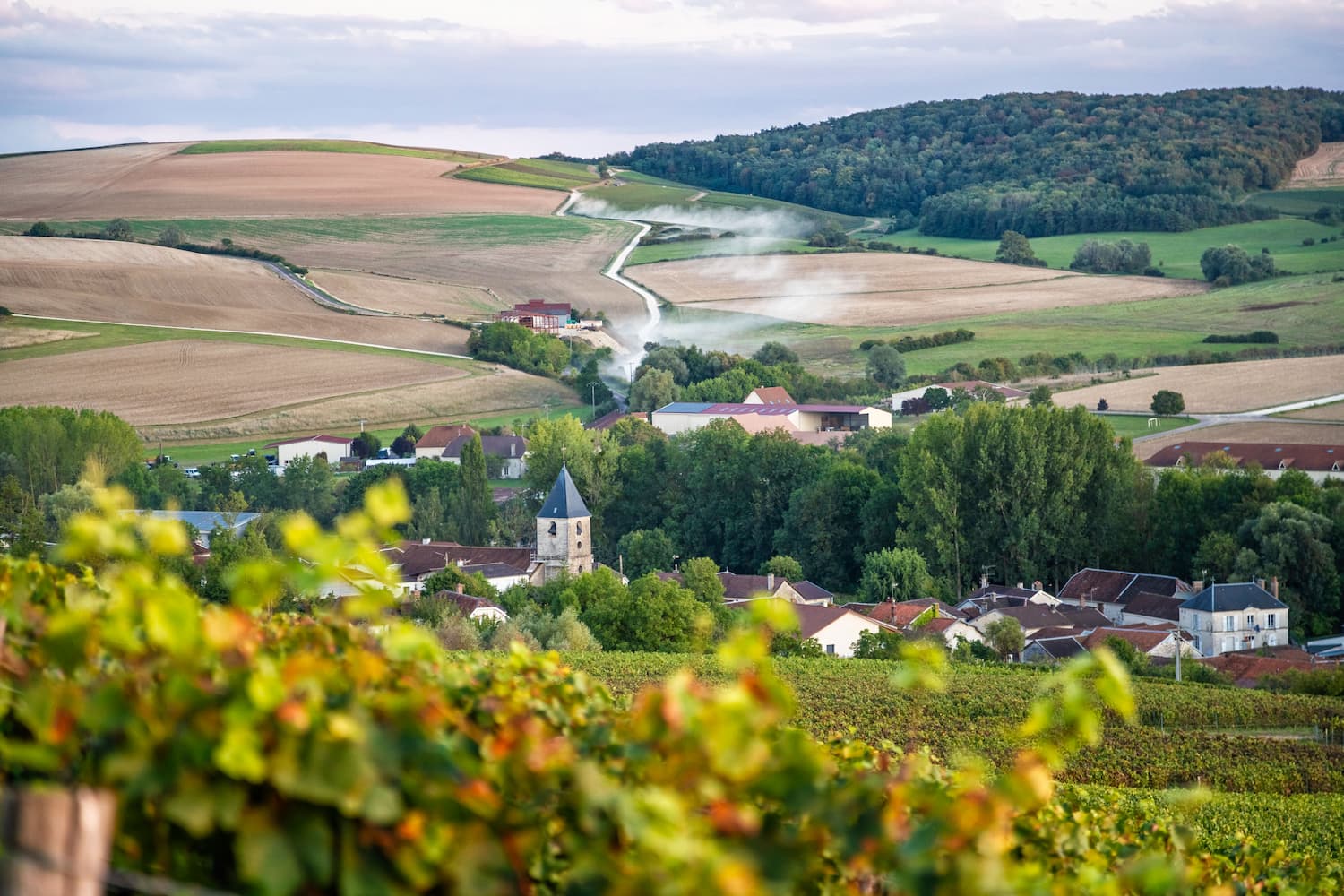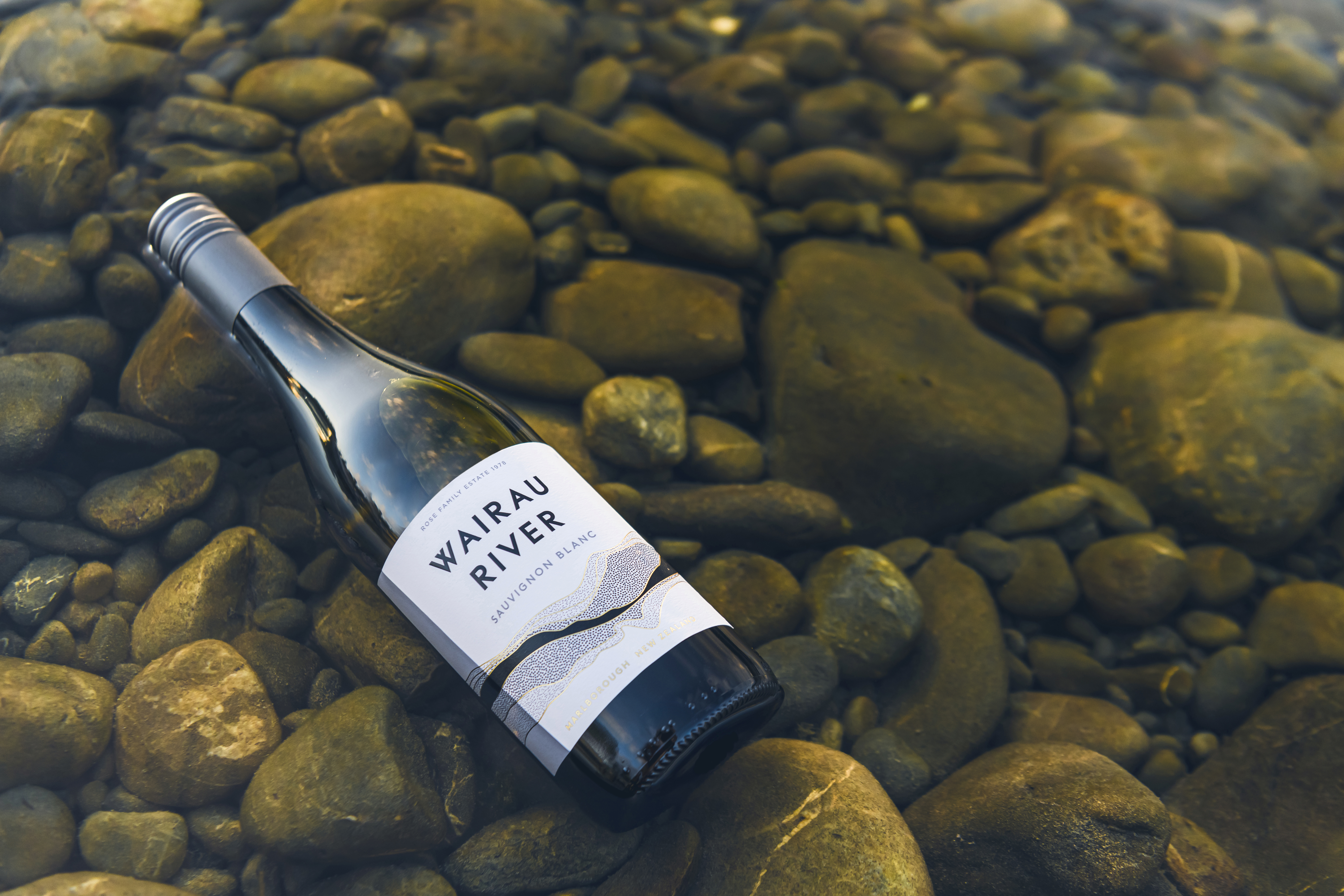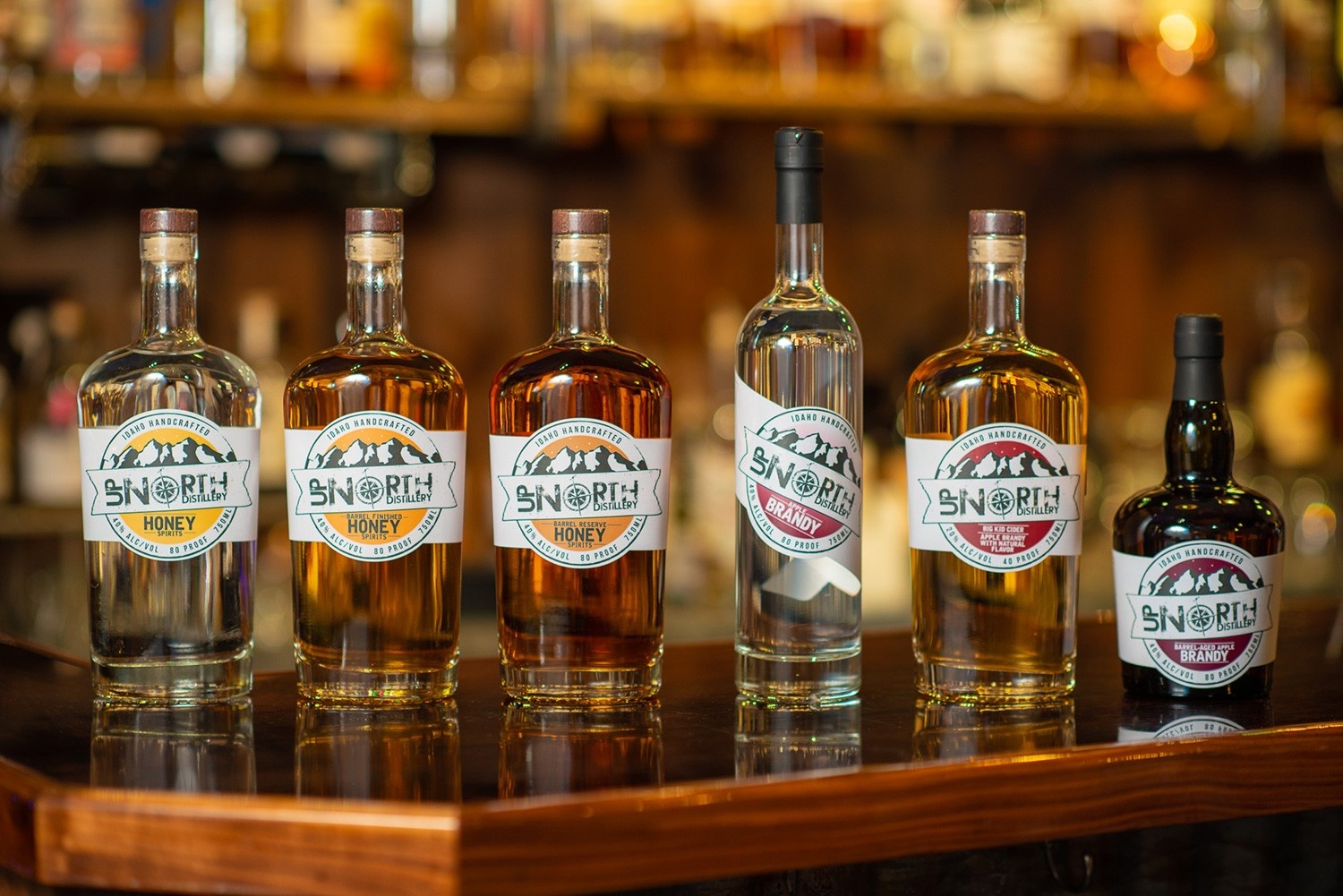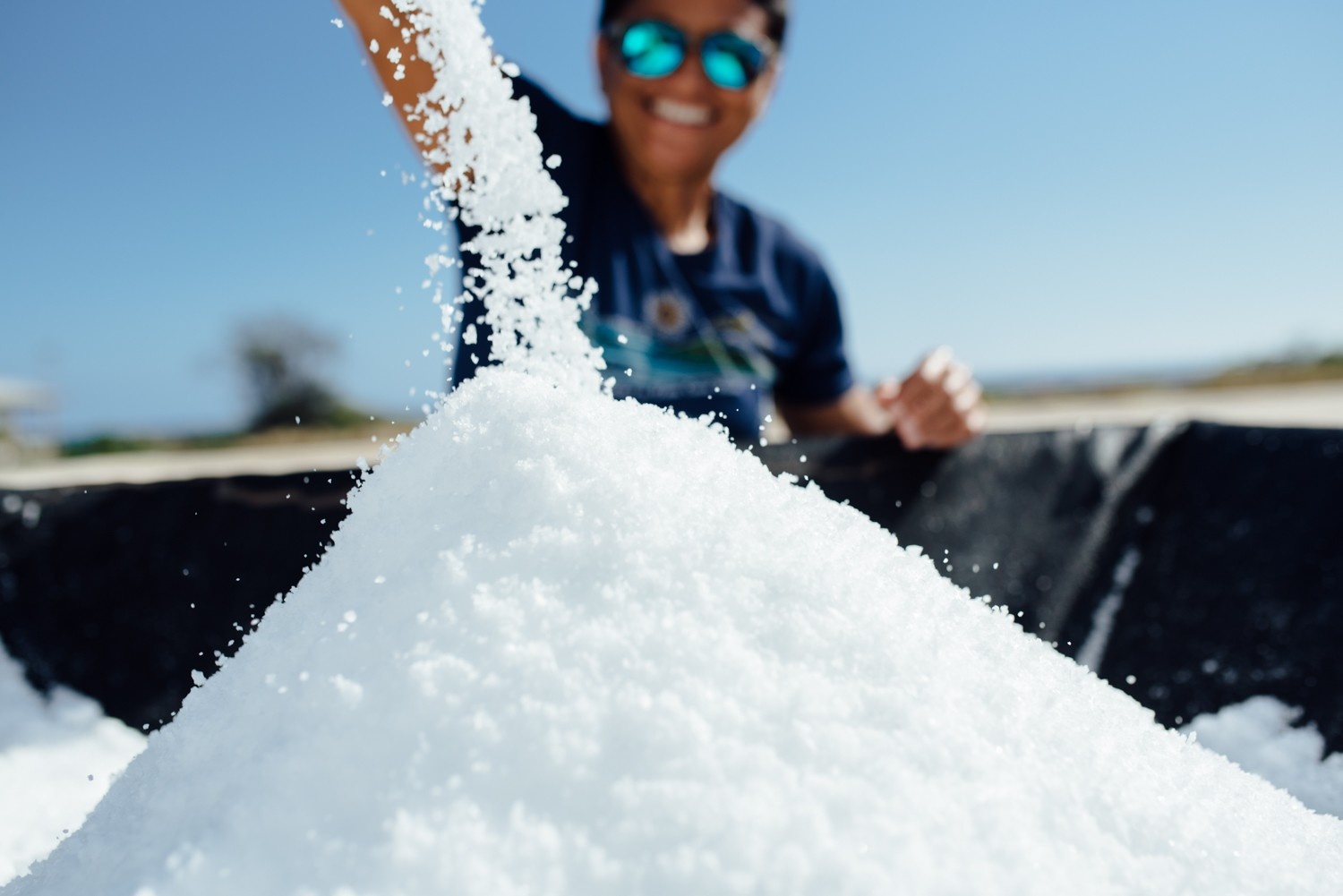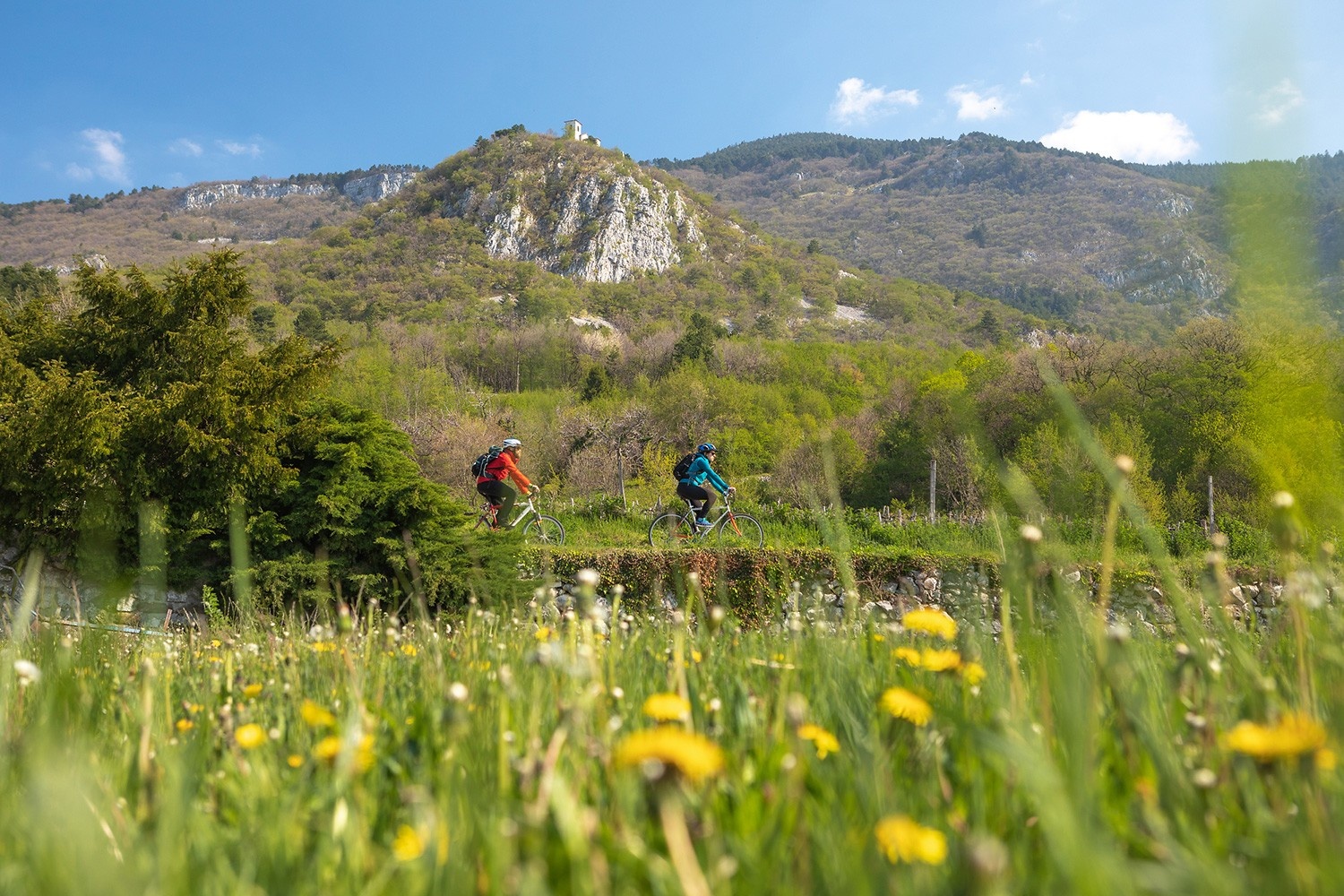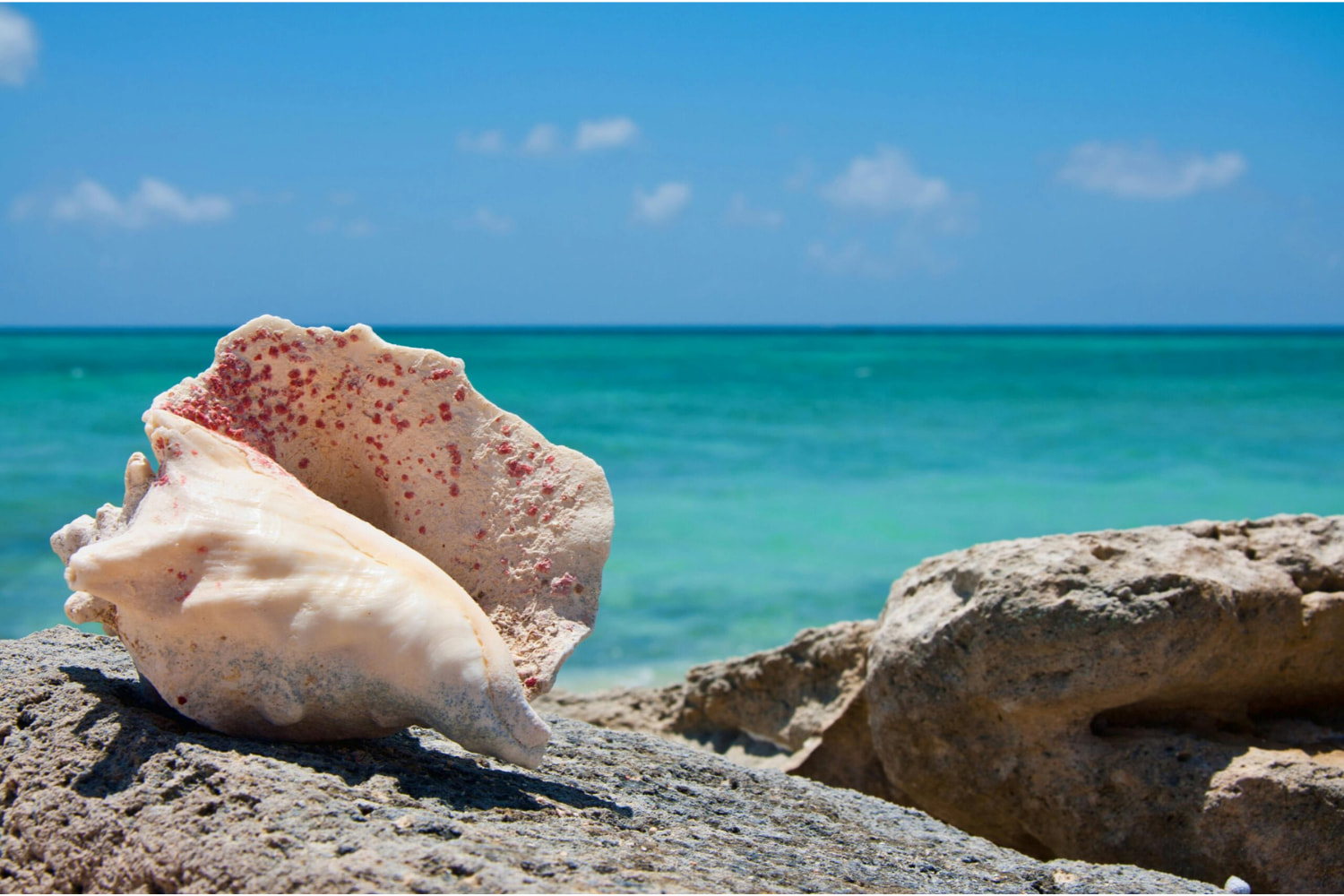“It’s possible to craft expressive, terroir-driven Champagnes while reducing environmental harm.“
Peter Jauch, author of Champagne – The Book (AT Verlag, 2024), explores how the Champagne is grappling with climate change, pollution, and the pressure to evolve.
Champagne’s image has long been tied to luxury, but the region’s agricultural practices haven’t always lived up to that prestige. For decades, growers relied heavily on chemical inputs, including synthetic pesticides and herbicides, and even urban waste from Paris was once spread over vineyard soils. But change is afoot.
Since 1996, when the first effects of climate change became evident in Champagne, producers in the region started shifting their thinking. Many have (gradually) come to believe that healthy soil is the key to growing grapes, which, in turn, leads to better base wines, a crucial component of the blending process.

Author Peter Jauch. Image Courtesy of Anja Prestel
Why Sustainable Farming in Champagne Is Not Easy
However, farming sustainably in Champagne is a gamble. The region’s cool, wet climate is a breeding ground for mildew and rot, making chemical-free farming risky. Going organic or biodynamic takes time and money and often leads to lower yields. Certification requires a multi-year process with strict standards.
In the cellar, producers are compensating for more robust base wines by dialing back dosage (less sweetness), which changes the flavor profile of their wines and demands more from the base wine. The result is often a leaner, more precise style that might surprise drinkers used to rounder, sweeter blends. Still, the demand for responsible wines is growing. What these wines offer in return is a clearer picture of where they come from and who’s behind them.
A wave of producers has proven that it’s possible to craft expressive, terroir-driven Champagnes while reducing environmental harm. The following winemakers, each profiled by Jauch, are champions of this cause.
Five Sustainable Champagne Producers To Find
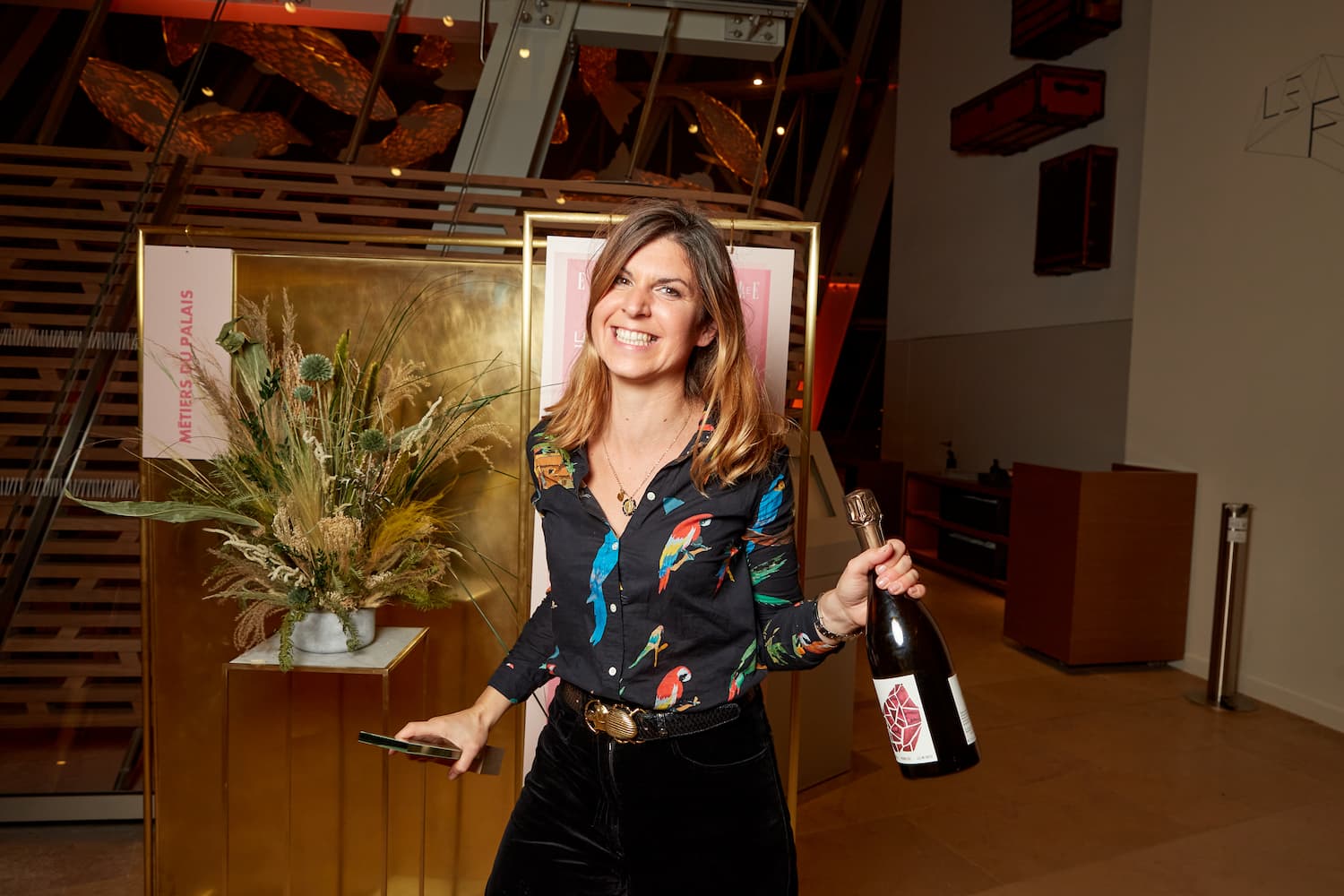
Elise Bougy. Image Courtesy of Ayka Lux.
Élise Bougy (Champagne Élise Bougy)
North Stars: Certifications, Waste Management, Heritage Value
Élise Bougy took over her family’s 3-hectare estate in Les Mesneux, Montagne de Reims, in 2016, aiming to implement sustainable viticulture practices. By 2021, she had introduced biodynamic methods, and in 2022, the estate achieved organic certification (Ecocert). Her vineyards — planted with Chardonnay, Pinot Noir, and Pinot Meunier — are managed without synthetic chemicals, relying instead on composting and natural preparations to maintain soil health.
Bougy’s winemaking approach is minimal intervention: spontaneous fermentation with indigenous yeasts, full malolactic conversion, and aging in wooden tanks, stainless steel, and barrels. Her wines are neither fined nor filtered, with little to no added sulfur. Notable cuvées include ‘Le Mont Chainqueux’ 1er Cru and ‘Chétillon de Haut’ Grand Cru, each reflecting the distinct terroir of their respective sites.
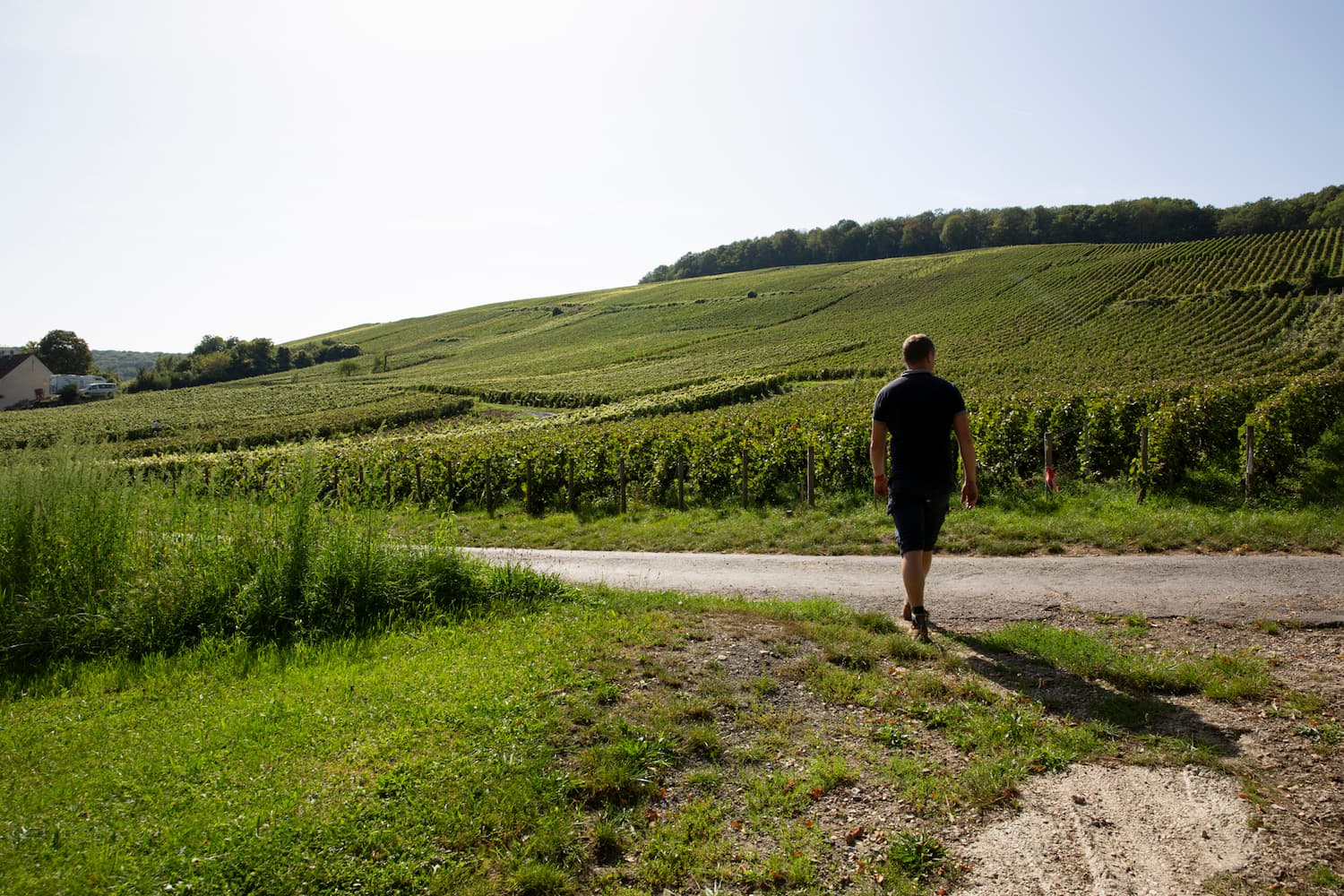
Champgne Mousse. Image Courtesy of Anja Prestel
Cédric Moussé (Champagne Moussé Fils)
North Stars: Energy Efficiency, Waste Management, Community Support
Cédric Moussé is one of the most forward-thinking winemakers in Champagne and a firm believer in collaboration. He actively shares his knowledge with both large and small producers, fostering a culture of sustainability in the region. As a fourth-generation grower in Cuisles, he farms 17 hectares, of which 85% is planted to Pinot Meunier. He uses both organic and biodynamic methods across the estate. Since 2012, he’s operated an eco-efficient winery powered by solar and geothermal energy, with water drawn from a natural spring. In the cellar, Moussé uses spontaneous fermentation and avoids additives; all wines undergo full malolactic fermentation.
His packaging reflects his low-impact ethos, with recyclable materials used throughout. Signature cuvées include the reserve-driven L’Or d’Eugène and the zero-dosage Les Vignes de Mon Village — the first 100% Meunier Spécial Club Champagne.
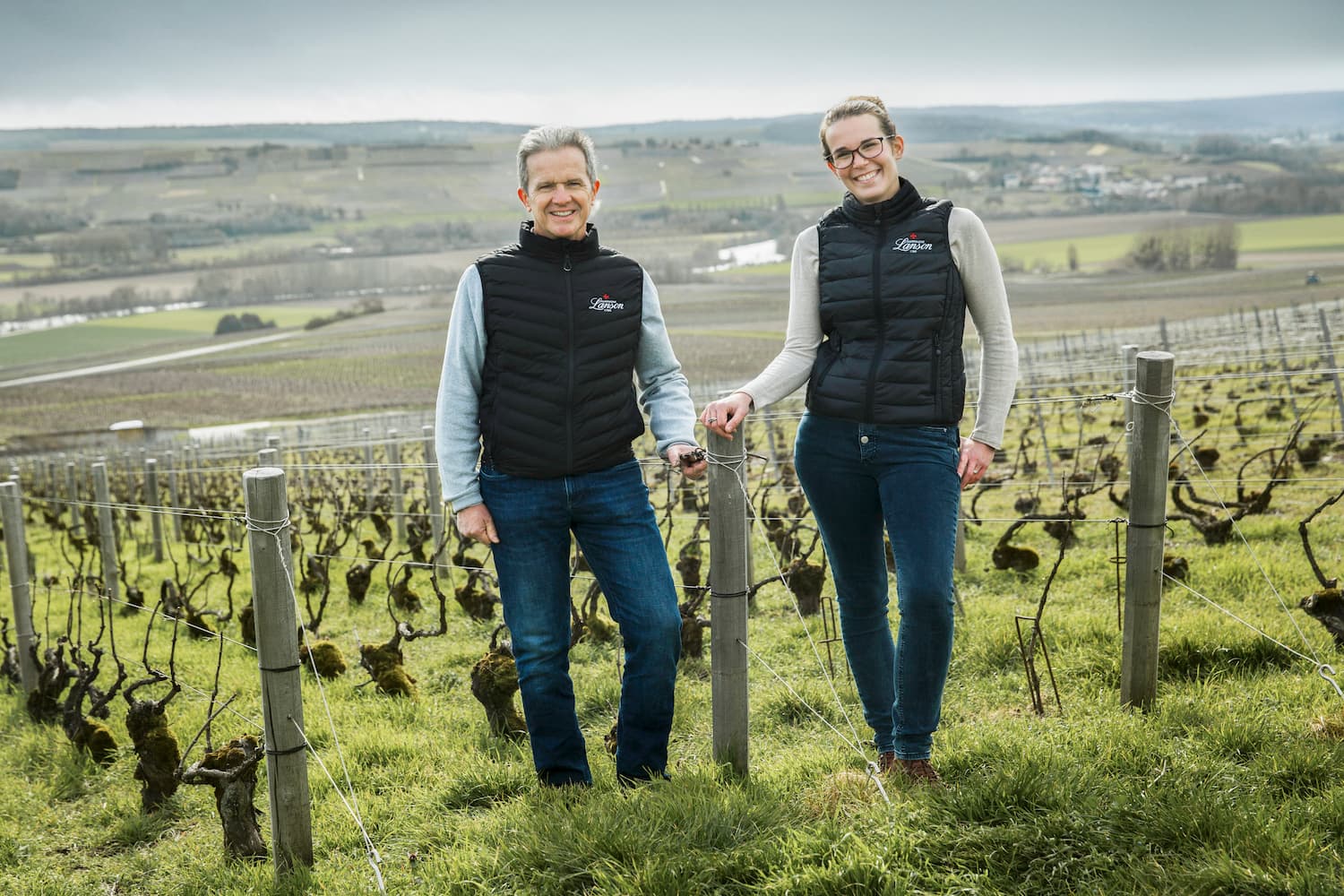
Champagne Lanson. Image Courtesy of Charles Lafon.
Hervé Dantan (Champagne Lanson)
North Stars: Certifications, Energy Efficiency, Heritage Value
Hervé Dantan, cellar master at Champagne Lanson since 2015 (after joining the house in 2013), has led a strategic shift toward sustainability while preserving Lanson’s hallmark style of non-malolactic freshness. Under his direction, the house launched Le Green Bio-Organic, a certified organic and biodynamic cuvée sourced from its 16-hectare estate, Domaine de la Malmaison, in the Vallée de la Marne. He also appointed Eugénie Gianoncelli as Vineyard and Sustainable Development Manager to support both estate and partner growers in meeting environmental standards. Additional initiatives include the rollout of lighter-weight bottles to reduce emissions and ongoing energy upgrades in the cellar. Dantan’s leadership merges legacy winemaking with forward-looking practices, positioning Lanson among the important houses now taking measurable steps toward a lower-impact future.
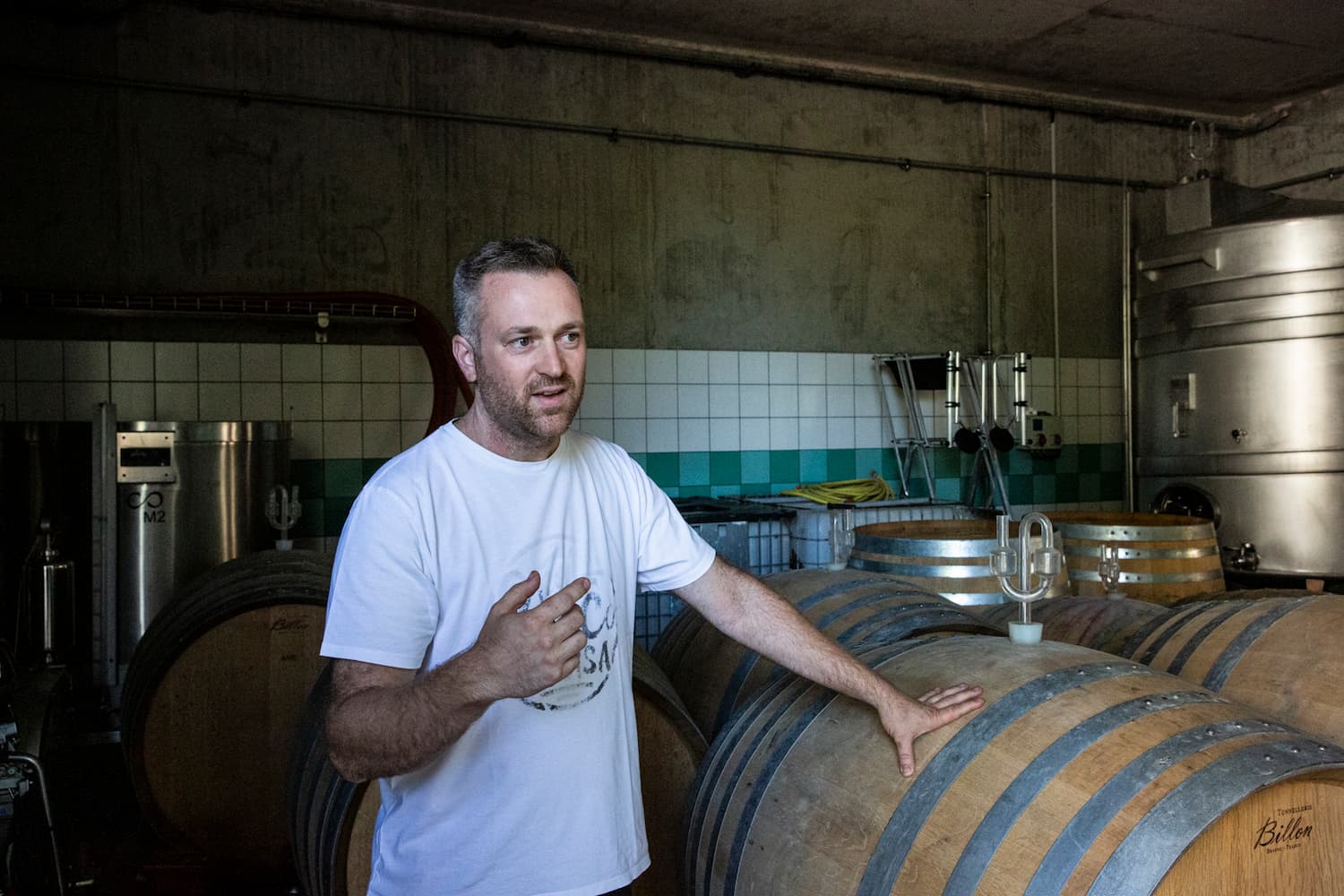
Champagne Alexis. Image Courtesy of Anja Prestel.
Alexis Leconte (Champagne Alexis)
North Stars: Certifications, Waste Management, Heritage Value
Alexis Leconte, the sixth-generation winemaker of his family’s estate in Troissy, Vallée de la Marne, assumed full control in 2015. He transitioned the vineyards to organic practices, achieving certification in 2022, and further advanced to biodynamic certification in 2023. His viticulture emphasizes biodiversity, employing cover crops and natural plant treatments to enhance soil health and vine resilience.
In the cellar, Leconte adopts minimal intervention techniques: spontaneous fermentation with indigenous yeasts, aging in various vessels, including oak barrels and sandstone tanks, and low- to no-added sulfur. Notable cuvées like ‘Totem’ and ‘La Terre Mère’ showcase the distinct terroir of the Marne Valley, particularly highlighting Pinot Meunier’s expression.
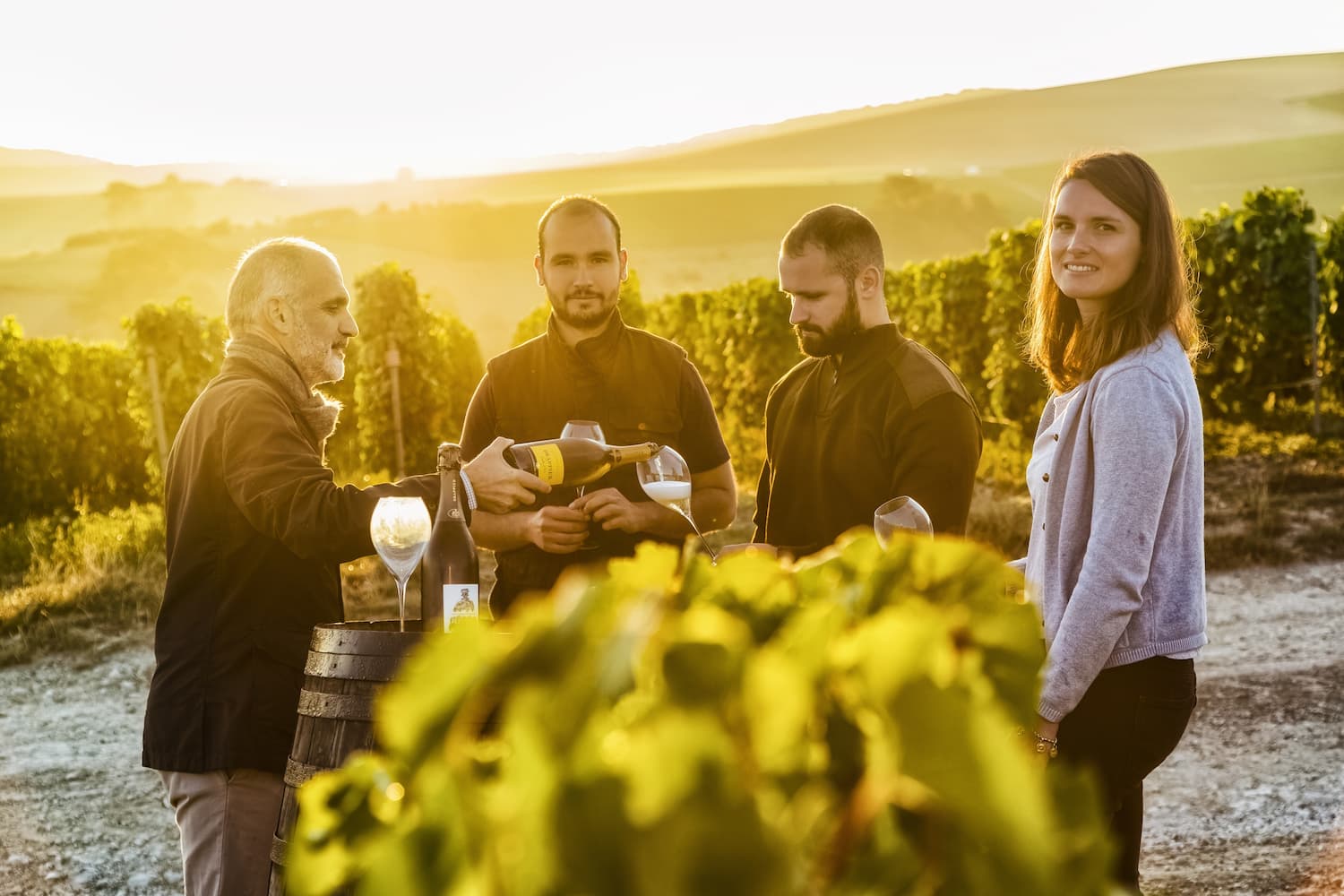
Drappier team. Courtesy of Champagne Drappier
Hugo Drappier (Champagne Drappier)
North Stars: Certifications, Waste Management, Carbon Footprint
Hugo Drappier has continued his family’s legacy while advancing one of Champagne’s most comprehensive sustainability strategies. A significant portion of the estate’s vineyard acreage is certified organic, with the rest in conversion. The estate became the first in Champagne to achieve carbon-neutral status in 2015, powered by solar energy, outfitted with water recycling systems, and committed to using ultra-lightweight bottles made from recycled glass.
In the vineyards, Drappier relies on horse plowing, preserves biodiversity by cultivating rare heritage grapes like Arbanne and Petit Meslier, and has planted Voltis, a disease-resistant variety suited to climate adaptation. In the cellar, his low-intervention approach — native yeasts, minimal sulfur, and no unnecessary additives — highlights the estate’s pure fruit expression. With cuvées like Brut Nature Sans Soufre and Clarevallis, Drappier proves that sustainability and precision winemaking are not mutually exclusive but deeply intertwined.
Peter Jauch, a Swiss expert on drinking culture, explores Champagne’s evolving landscape in Champagne – The Book, published by AT Verlag in 2024. The 368-page volume covers the region’s history, sustainable winemaking trends, and profiles of both independent growers and major houses. It features interviews with winemakers, chefs, and sommeliers, plus a detailed comparison of over 200 Champagnes. Described by Kaisergranat as “by far the best book on Champagne,” it blends deep knowledge with visual appeal, ideal for both aficionados and curious newcomers.


